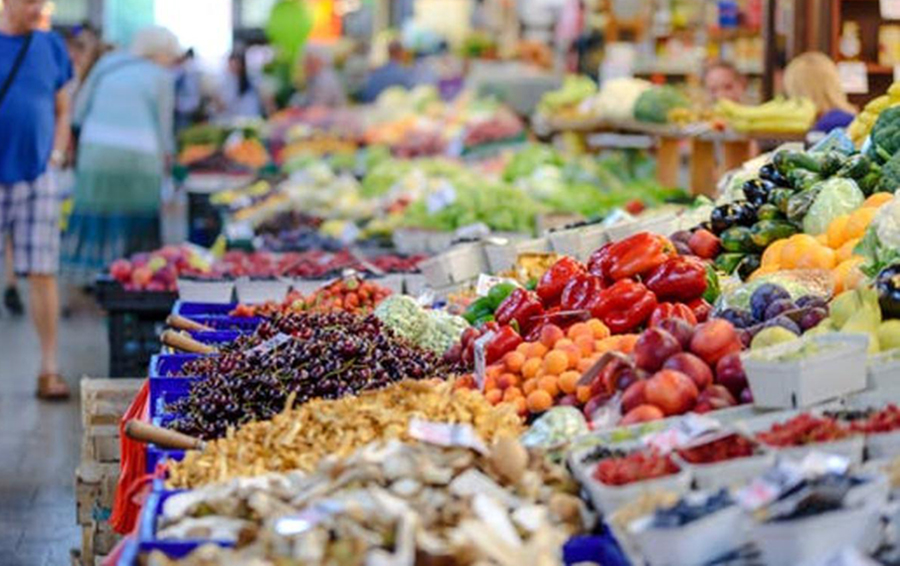Nigeria’s inflation rate dropped further in the month of June 2021 to 17.75% from 17.93% recorded in the previous month (May 2021). This represents the third consecutive decline in headline inflation.
This is according to the latest consumer price index report, released by the National Bureau of Statistics (NBS).
According to the report, the food inflation stood at 21.83% in June 2021 compared to 22.28% in May 2021 while core inflation which excludes the prices of volatile agricultural produce dropped from 13.15% recorded in May 2021 to 13.09% in the review period.
Headline inflation
On a month-on-month basis, the Headline Index increased by 1.06% in June 2021. This is 0.05% points higher than the rate recorded in May 2021 (1.01%).
The urban inflation rate reduced to 18.35% (year-on-year) in June 2021 from 18.51% recorded in May 2021, while the rural inflation rate stood at 17.16% in June 2021 from 17.36% in May 2021.
Food inflation
The closely watched index slowed down again in the month of June to 21.83% from 22.28% recorded in the previous month. This also represents the third consecutive decline in the food inflation rate.
- On a month-on-month basis, the food sub-index increased by 1.11% in June 2021, up by 0.06% points from 1.05% recorded in May 2021.
- Also, the average annual rate of change of the Food sub-index for the twelve-month period ending June 2021 over the previous twelve-month average was 19.72%.
- The rise in the food index was attributed to increases in the prices of Bread and Cereals, Potatoes, Yam and other Tubers, Milk, Cheese and Eggs, Fish, Soft drinks, Vegetables, Oils and fats, and Meat.
Core inflation
The ”All items less farm produce” or Core inflation, which excludes the prices of volatile agricultural produce stood at 13.09% in June 2021, down by 0.06% when compared with 13.15% recorded in May 2021.
On a month-on-month basis, the core sub-index increased by 0.81% in June 2021. This was down by 0.43% when compared with 1.24% recorded in May 2021.
- The highest increases were recorded in prices of Garments, Passenger travel by air and by road, Motor cars and Vehicle spare parts, Shoes and other footwear, Pharmaceutical products, Medical services.
- Others include hairdressing salons and personal grooming establishments, Cleaning, repair and hire of clothing, Clothing materials, other articles of clothing and clothing accessories, Furniture and furnishing and Fuels and lubricants for personal transport equipment.
State inflation
In the month of June 2021, all items inflation on year on year basis was highest in Kogi (23.78), Bauchi (20.67%) and
Jigawa (19.81%), while Cross River (15.53%), Delta (15.18%), and Abuja (15.15%) recorded the slowest rise in headline year-on-year inflation.
In terms of food inflation, Kogi recorded the highest with 30.34%, Enugu (25.18%) and Kwara (24.78%), while Bauchi (18.97%), River (18.92%), and Abuja (17.09%) recorded the slowest rise in year-on-year inflation.
What this means
The decline in the rate of increase in the consumer price index indicates that the inflation rate in Nigeria might have peaked and is on its way downward. However, it is still worth noting that an inflation rate of 17.75% is still way higher than the 11.02% recorded before the closure of land borders in 2019.
